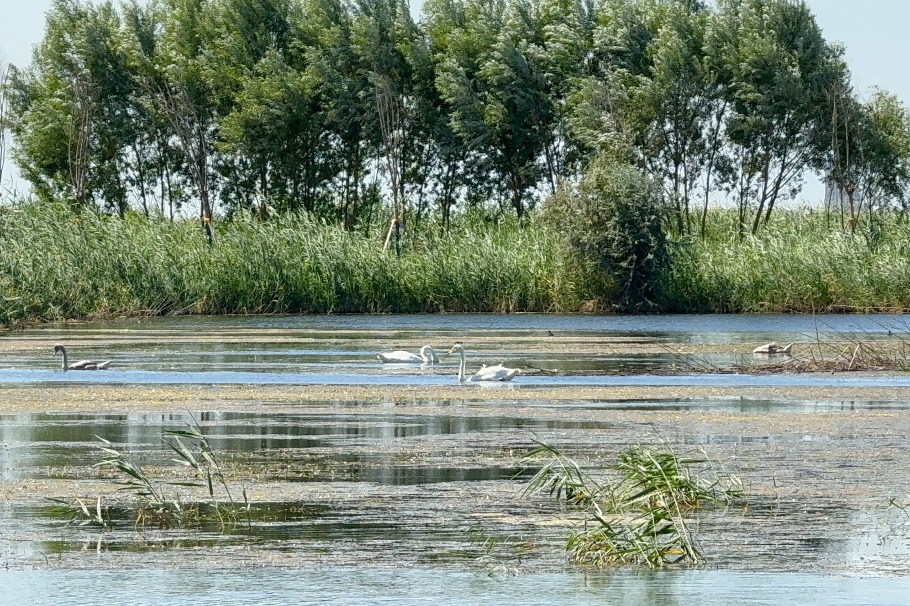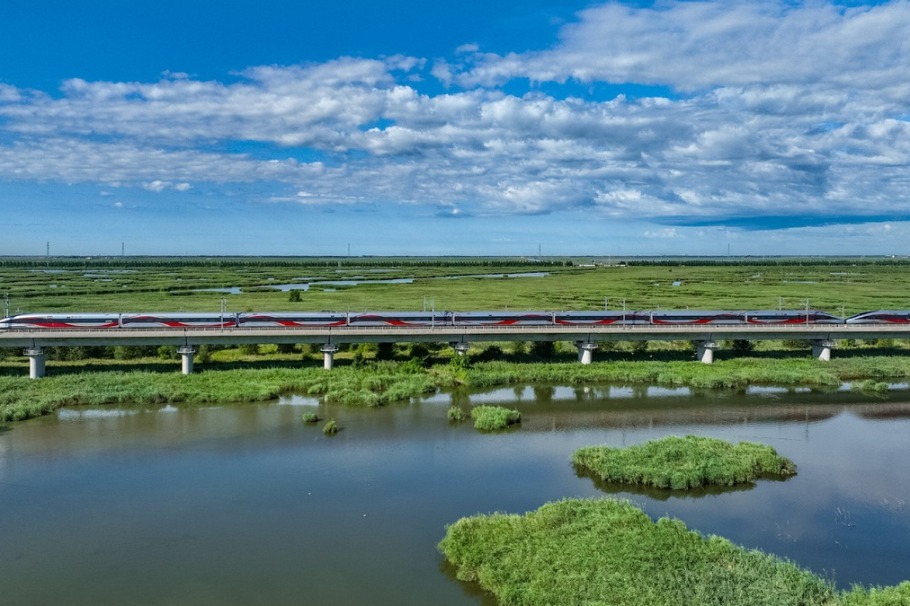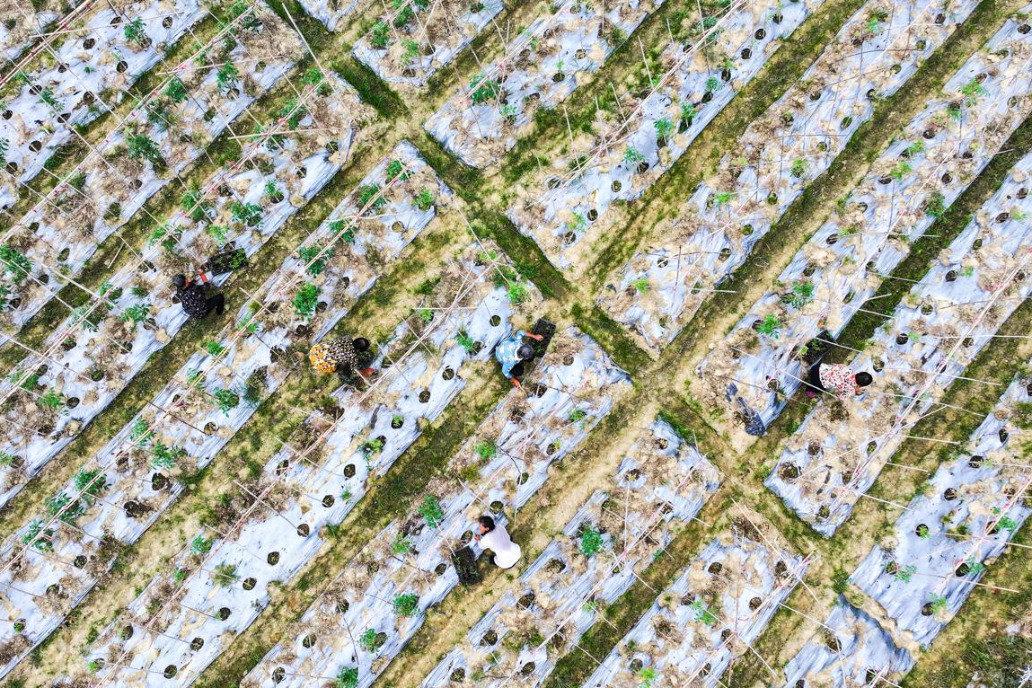Growing tall
At a time of global climate crisis and overpopulation, vertical farming technologies are offering hope of greater food security and sustainability. Vasavi Seethepalli reports.


Tucked away in busy Kwai Chung, meanwhile, is Full Nature, a midsize, commercial vertical farm specializing in aquaponics. Edible flowers, microgreens and herbs are seen growing indoors in a controlled environment in this highly automated facility, with its large fish tanks and high-tech filtration systems. In-house software is integrated with a system that monitors, collects data and issues alerts when necessary - "a solution for efficiency and consistency", explains Ray Lok, Full Nature's founder and CEO.
Aquaponic farming uses an ecosystem comprising fish, microbes and plants. Fish waste is converted by nitrifying bacteria into nutrients plants can use. "Knowledge from soil-based farming can be applied to aquaponics in terms of nutrient dynamics and microbes," notes Lok. "The trick is to have the right amount of fish and the right temperature - the ratio between fish bacteria and plants grown must be proportionate."
Aquaponics is suitable for integrating automation and is scalable, he adds.
- China warns against escalating tensions on Taiwan question
- Book on Xi's views on strengthening, revitalizing armed forces published
- Yangzhou triumphs in 'Huaiyang derby' Suchao football match
- Extravehicular spacesuit of China's space station supports 20 EVAs
- Shenzhen hikers fined for typhoon trek
- China reports steady railway freight growth in first 7 months





































